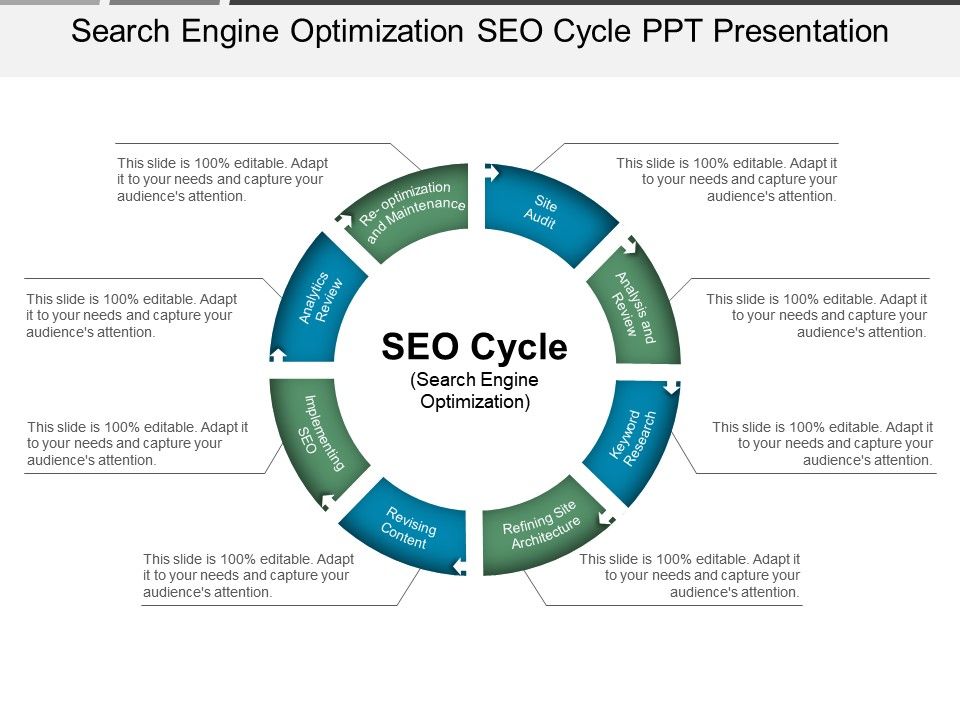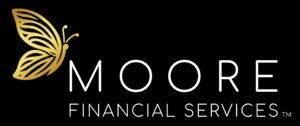
Most free links will be No Follow so won’t necessarily help your SEO but the will drive traffic which will in turn gain links in the end. 30. If your company is established then you should set up a Wikipedia page. Make it look as authoritative as possible and link to topic related pages. 31. Utilise question and answer services such as Yahoo and Google questions. If people like your answer they will possibly end up on your site. 32. Craigslist offers free and easy advertising. 33. Gumtree is similar. 34. Set up a Squidoo page. It will help you to look like an industry expert and is relatively easy to set up. 35. Submit articles and stories to Digg. If it’s popular enough you will gain huge numbers of links. 36. Comment on forums using a link signature. People will follow the link if they like what you’re saying. 37. If you update your blog regularly set up an RSS feed. 38. There are loads of ways in your community to gain links to your site, all you’ve got to do is go out and find them but here are some ideas to start with.
Learn how to optimize your website for the Google search engine. Learn how to increase your page rank as determined by the leading Google search engine. Did you know that 89% of search engine traffic goes through Google? Google is number one in search engine traffic. Therefore, you need to optimize your website on Google. Other search engines recognize that Google is the leader in search engine traffic. Therefore, other search engines are modeling their search engines off of Google. So if you optimize your website for Google then it will work well with the other search engines. Internet marketing gurus know that you need to take full advantage of Google’s search engine traffic. Therefore, they have intensely examined Google’s search engine algorithm. This analysis enabled them to implement the most effective way to optimize their webpages. The strategy they created works for any website. Let’s talk about how you can apply this strategy to your squeeze page.
The high rise in number of websites has brought about a struggle in reaching the online market thus giving rise to SEO Engineers; these individuals usually try and affect the visibility or presence of websites in the search engine websites so as to create a comprehensive strategy that will ensure the site is seen by many people. In SEO both the online market and keywords or search terms are usually studied and then the website content is edited so as to increase the sites rating in the SERPS. Search engines on the other hand rank websites through indexing activities hence ensuring people gain access or are directed to the most prominent sites first, the search results are usually in descending order with respect to their ranking. Early versions of search algorithm needed the websites index files and keywords to enforce a ranking of the websites and list them as part of the search lists.
Did you recently learn what search engine optimization means? Learn a brief history behind this new industry, including which search engine first implemented what later became known as search engine optimization, and how initial unethical SEO practices forced the search engines to tighten their measures on how their robots rank and index Web sites. As long as the Internet has been around, it has remained a mystery to the mainstream public how Web sites are listed at the top of search engine results. There are many theories of how search engines and search engine optimization (SEO) initially began. Alan Emtage, a student at the University of McGill, created the first search program in 1990 called Archie (still in use today), to archive Web documents. The following year, Gopher started at the University of Minnesota, and this is when the concept of search engines began. In 1993, Matthew Gray created the World Wide Web Wanderer, the earliest known search engine robot that assists with ranking Web sites.
Be sure that the spellings and the grammar are correct. Keep up a lively discussion as well.Use title tags properly. The title tags, if used properly, will highlight the subject matter. In turn, the readers will get engaged to it. The proper and most suited keywords and key phrases must be utilized at all costs. Always keep enough keyword density so that enough traffic will be generated to your website.Use highlights. Highlight the words and phrases that will automatically draw the attention of the visitors into your website. Comply with the standards of web marketing. Do not bore the search engines with the waffles in your website. Useless codes will mean the absence of customers and lesser profit generation as well. Check the basics. Do not overlook the importance of the spelling. You may always use the dictionary to check out the spelling of the words that you use. Typo errors will let your website become the laughingstock of all.
create one-way inbound links yourself. You need to create a reason in your website for another website or blog to want to link to your website. The best way to do this is create content that people will like. Content can be written, audio, images, and video. Lawyers have a pretty good opportunity attracting links because they have specialized knowledge that people need to know about. Therefore, writing in-depth about your practice area will likely attract links. Be sure the titles of your content are compelling and avoid writing too much in legal language. It may be informative, but it’s not compelling. A popular method for acquiring inbound links is trading links with other lawyers. Type “lawyer link exchange” and you’ll get no shortage of law firm websites willing to exchange links. There’s a pretty good debate in the SEO community right now about how effective link exchanges are.
